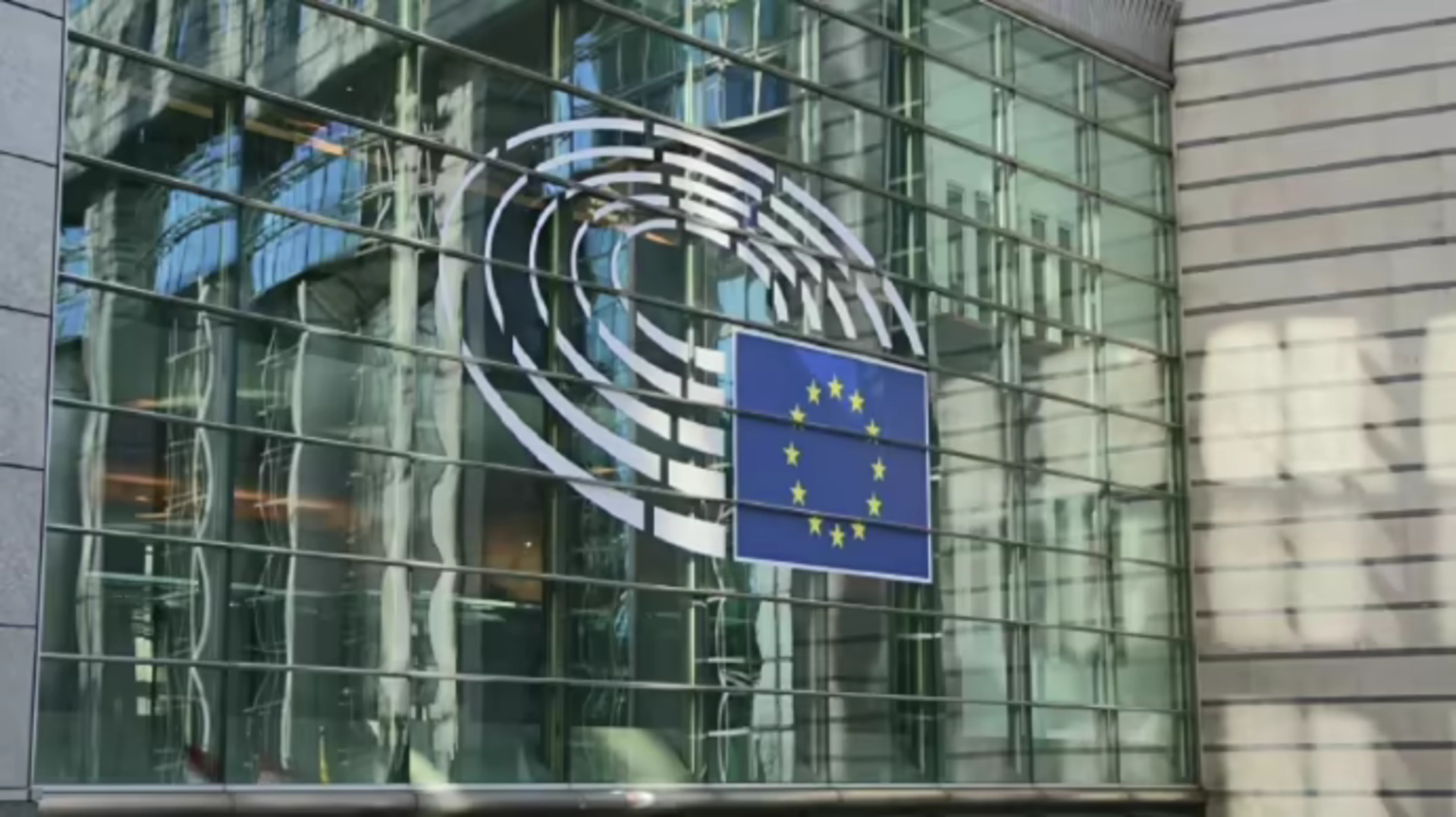The last voting day in the European Parliament elections took place on Sunday, June 9. The influence of the political forces that won not only determines the future of the European Union itself, but significantly, the course of the Russo-Ukrainian war. So let’s figure out, whom did the balance tilt towards this time.
Key Results
The main thing about how votes were cast in different countries:
- Slovakia. The pro-Russian party of Prime Minister Robert Fico, who recently suffered an assassination attempt, was defeated. This was unexpected as it was considered the main favourite, the recent shots against Fico brought it to the top of the news. However, the majority of votes went to the “Progressive Slovakia” party with a result of 27%.
- Hungary. The ruling “Fidesz” party, led by Premier Orban – a main issue in resolving the question of EU aid to Ukraine, won the most votes – 44%. However, it is worth noting that this is their worst result in history. The “Respect and Freedom” party, led by Peter Madyar, received 30%. So, Orban will get 11 seats in the European Parliament, and Madyar – 7.
- Germany. The ruling coalition of Olaf Scholz lost to representatives from the conservative opposition. The winners were the “Christian Democratic Union”, led by Ursula von der Leyen. They received 30.3% of votes.
- Italy. The victory went to the “Brothers of Italy” party, led by the acting Prime Minister Giorgia Meloni. The result – 28%.
- France. The victory was obtained by Le Pen’s coalition party “National Union” with a result of 31% while Macron suffered a devastating defeat, receiving only 14%.
- Poland. As expected, the “Civic Coalition of Donald Tusk” won along with the ruling party of the former government “Law and Justice”. They both received the same number of votes – 20% each.
Summing up, it should be noted that the seats are currently distributed in the European Parliament as follows:
- The “European People’s Party” group held the lead. It will have 184 representatives, who consistently express a pro-Ukrainian position.
- In second place – the centrist “Progressive Alliance of Socialists and Democrats” – 139 representatives.
- Third place is the pro-European group “Renew Europe” – 80 representatives.
How it will affect Ukraine
The European Parliament is the key structure that makes and approves decisions when it comes to allocating the EU budget. If it has a majority of pro-Russian politicians from Europe, support for Ukraine immediately weakens, the terms are delayed, etc.
Almost all observers currently note: as a result of these elections, the forces were distributed favorably for Ukraine. But there is also another opinion. For example, the incumbent President of France Emmanuel Macron, whose party lost this time, said that parties that openly oppose aid to Ukraine have only strengthened their positions in Europe, which threatens the existence of the entire EU.


